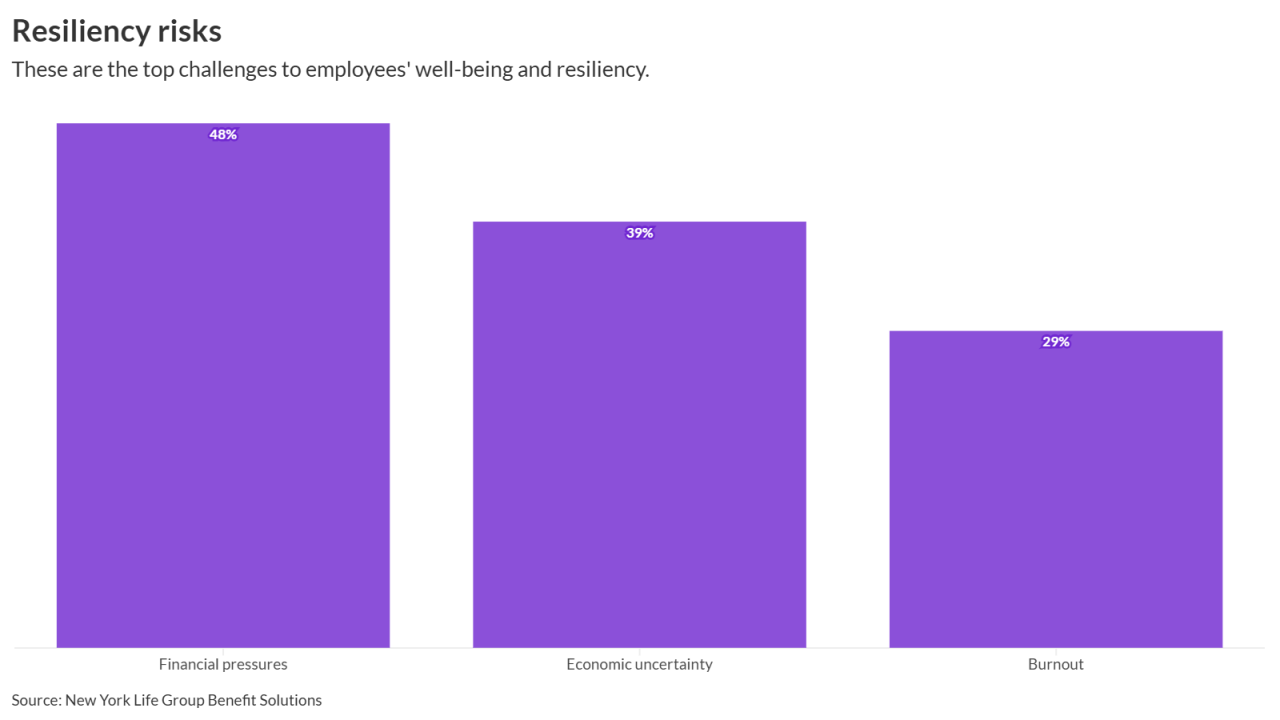Employment lawsuits and class actions are costly, and with aggressive enforcement by plaintiff attorneys and governmental agencies on the rise, all companies should regularly review their business practices to ensure compliance with applicable laws, regulations and guidance.
At SHRM's most recent annual conference and exposition in New Orleans, Pavneet Singh Uppal and Shayna Balch, partners at Fisher & Phillips LLP, explained the top 10 practices that land employers in class action lawsuits.















